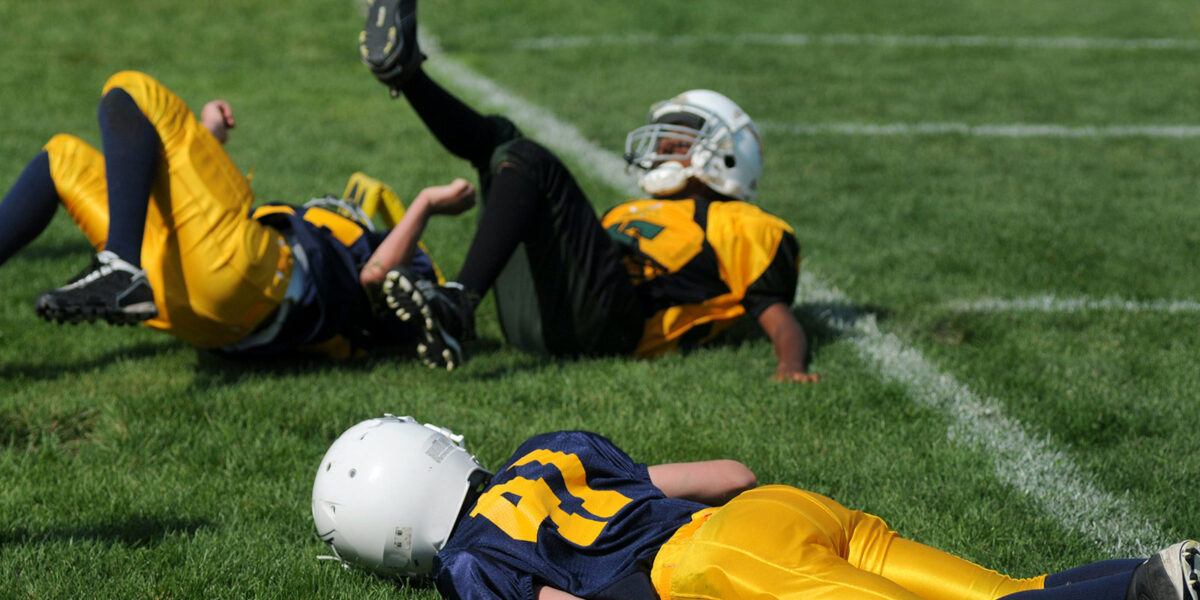
Assistant Professor Sameer Deshpande’s aims to identify statistical methods to predict long-term health implications that young athletes may face. In line with the value of collaboration embraced by the School of Computer, Data & Information Sciences, Sameer conducts his research in partnership with peers at the University of Pennsylvania. He also draws upon the rich data from The Wisconsin Longitudinal Study (WLS), a study done here at UW–Madison that followed 10,317 men and women who graduated from Wisconsin high schools in 1957.

His research was prompted by the recent studies linking head trauma and concussions caused by football to adverse health conditions. Although those studies primarily focused on college and professional players, many families have stopped enrolling their children in sports like tackle football. Sameer hopes his research will help people make informed decisions about participating in contact sports like football.
“If everything goes right…I would really like to be able to say that based on a person’s background characteristics, we can forecast at what level of participation or intensity is safe,” he says. “We want families to make good decisions for themselves, and we would like it to be informed by good science.”